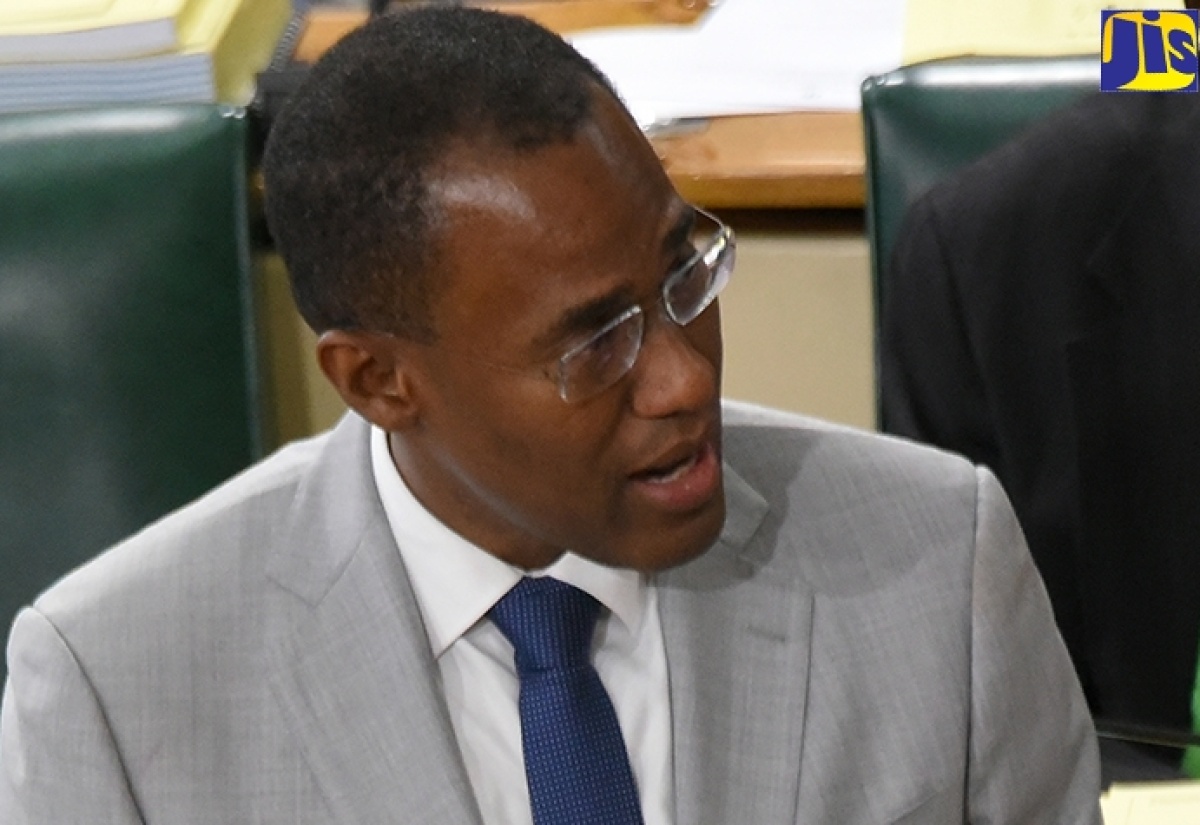Explaining the Budget
By: , March 4, 2019The Key Point:
The Facts
- This is a projection of what Jamaica expects to receive in terms of revenue and what it expects to spend for the coming financial year.
- The Budget is funded primarily through taxation and fees. These include property tax, income tax, general consumption tax (GCT), and statutory fees.
The Full Story
Each year, the Government outlines its plans for the economic and social development of the country, through its Budget.
This is a projection of what Jamaica expects to receive in terms of revenue and what it expects to spend for the coming financial year.
The Budget is funded primarily through taxation and fees. These include property tax, income tax, general consumption tax (GCT), and statutory fees.
It is also funded through non-taxation measures such as capital payments, grants from multilateral organisations and loans.
For the 2019/20 fiscal year, the Government has presented a Budget of $803 billion, with $731 billion allocated for Recurrent (housekeeping) expenses and $72 billion for Capital (development) projects.
The Recurrent account represents the cost of maintaining the permanent administrative structure of Government.
It contains all the expenses that accrue in the carrying out of services normally rendered by the Government. Some of these expenses include wages and salaries of government employees, and the upkeep of offices, factories, warehouses and farms. The Recurrent account also contains an estimate of the revenue expected from taxes, such as import duties, income taxes, property taxes, licences, and consumption duties.
The Capital account is the cost of maintaining the national infrastructure and implementing projects that enhance the country’s ability to pursue growth and development.
This includes expenses connected with the purchase and upkeep of goods such as machinery in factories, school buildings, offices and roads. It also includes income from government-owned profit-making enterprises and loans of various kinds.
The Ministry of Finance and the Public Service has been allocated the largest sum in the Budget, with $385.6 billion for Recurrent expenses and $5.7 billion for Capital expenditure. A large portion of the sum will go towards meeting Jamaica’s debt obligations.
The Ministry of Education, Youth and Information gets the second largest amount with $109.4 billion for Recurrent expenses and $1.2 billion for Capital spending.
The Ministry of Health has been allocated $69 billion for Recurrent expenses and $3.7 billion for Capital projects, while the Ministry of National Security has received $72.4 billion for Recurrent expenditure and $20.2 billion for Capital projects.
For the Ministry of Economic Growth and Job Creation, $10.9 billion has been allocated for Recurrent and $18 billion for Capital; Ministry of Justice, $8.5 billion for Recurrent and $1.7 billion for Capital; and Office of the Prime Minister, $9.1 billion – Recurrent, and $7.9 billion – Capital.
The Standing Finance Committee of the House of Representatives, comprised of all 63 Members of Parliament, began its review of the 2019/20 Estimates of Expenditure this morning (March 4), which will continue on Tuesday (March 5).
The estimates outline the money allocated to ministries, departments and agencies as well as for projects.
Over the two days, the respective portfolio ministers will explain the allocations, after which a report will be sent to the House of Representatives for approval.
On Thursday, March 7, Dr. Clarke will open the Budget Debate, and on Tuesday, March 12, the Opposition Spokesperson on Finance, Mark Golding, will make his contribution to the Debate.
Leader of the Opposition, Dr. Peter Phillips, will make his contribution to the Debate on Thursday, March 14.
Prime Minister, the Most Hon. Andrew Holness, will speak in the Budget Debate on Tuesday, March 19, and the Finance Minister will close the Debate on Wednesday, March 20.
On Friday, March 22, the Senate is expected to debate the Budget.
The Debate provides the Government with the opportunity to outline the activities that will be undertaken for the new fiscal year, take stock of its performance over the previous fiscal year, measure its progress in relation to the targets previously set, and assess the effectiveness of its management of the country’s finances.


